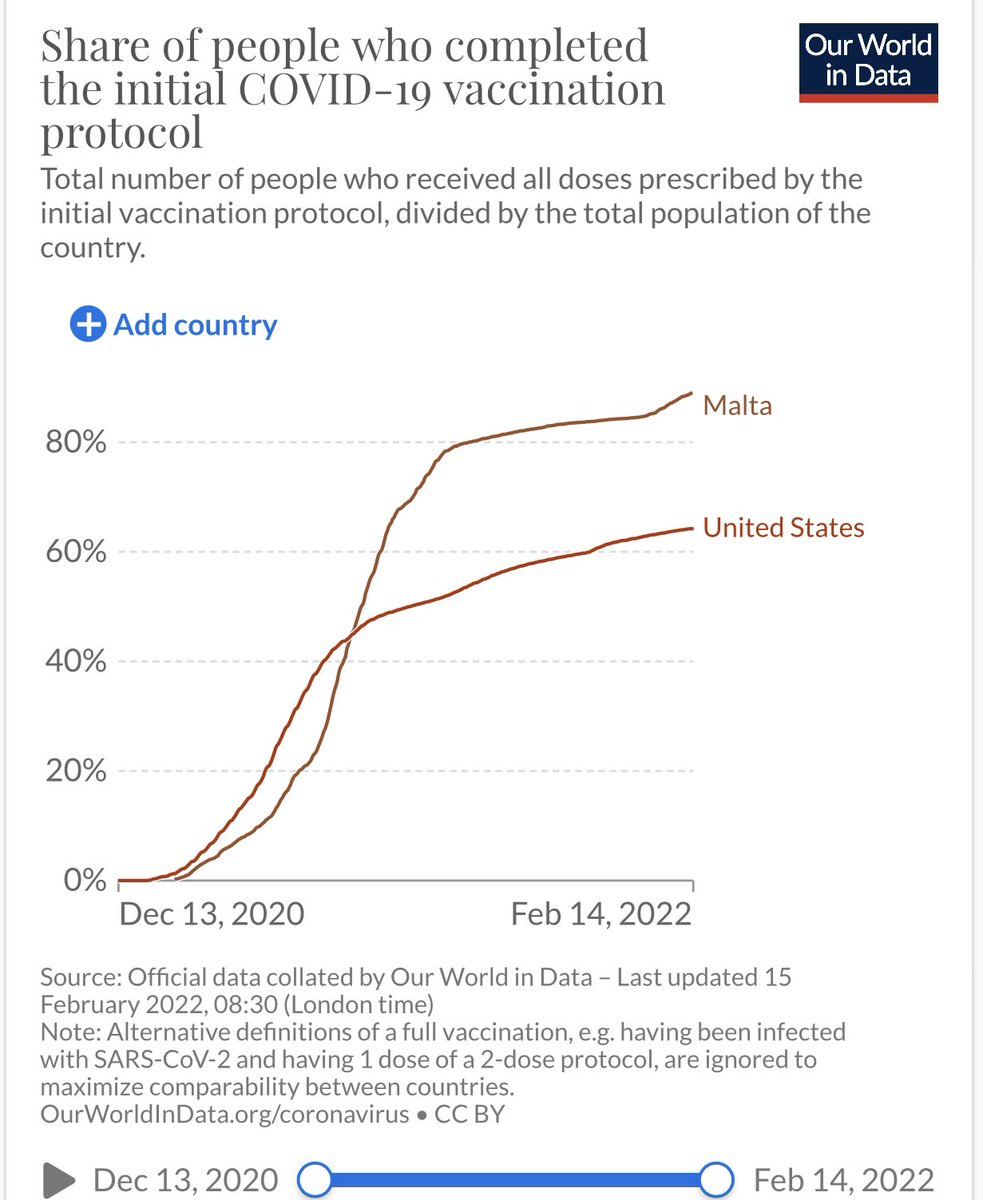
The beauty of Twitter in academic medicine is you can give an online lecture that reaches many times more people than you may reach even at a huge Plenary session.
However, impact on whether you actually influence clinical practice depends a lot on credibility. #MedTwitter
However, impact on whether you actually influence clinical practice depends a lot on credibility. #MedTwitter
https://twitter.com/vincentrk/status/1493647201981059078
Academics should view Twitter as essential as original research papers, reviews, editorials, and lectures in terms of disseminating information that they think can help others in the field.
#MedTwitter
#MedTwitter
If you make the time investment and interact with people in a friendly manner, you will reach people outside of your own circle. And ultimately help patients worldwide. #MedTwitter
Credibility and ability to influence your field comes partly with your academic track record. In clinical medicine, it's the new diagnostic, prognostic, and therapeutic studies you have done.
But it can also come from being recognized as an astute clinician or educator.
But it can also come from being recognized as an astute clinician or educator.
• • •
Missing some Tweet in this thread? You can try to
force a refresh














